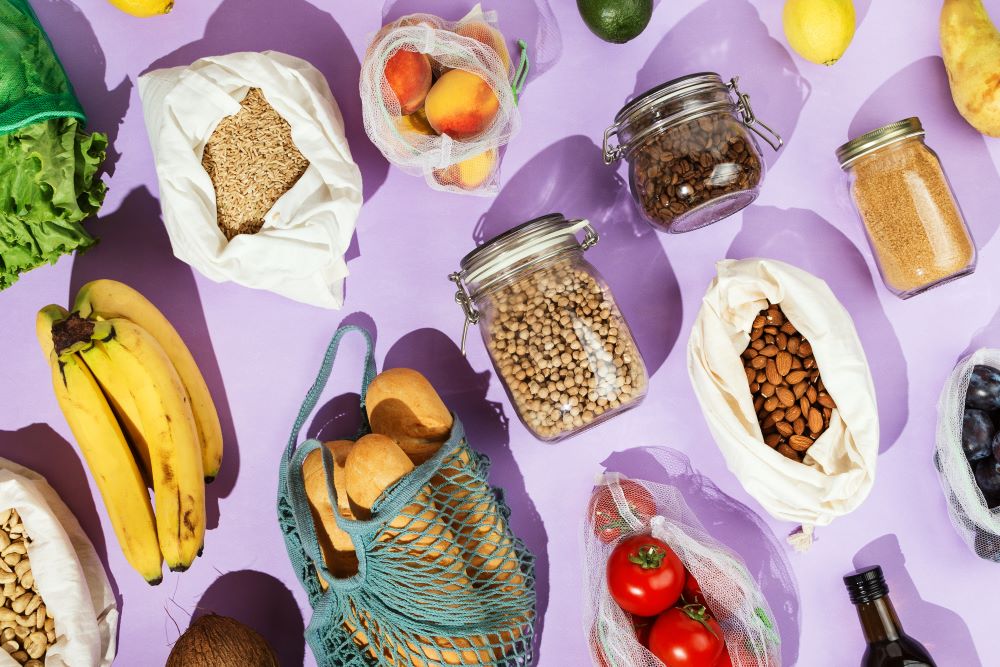
Almost half of food and drink manufacturers in the UK claim their competitiveness with the EU has fallen in the past year, according to a new study from a leading food group.
A report published by the Food and Drink Federation (FDF) claims ongoing challenges with post-Brexit border checks and bureaucracy, plus the Northern Ireland Protocol, are holding back trade.
Only 5% of respondents said competitiveness with EU markets had improved in the past year, while 47% said it had declined, reports the Grocer.
In comparison, the view on competitiveness in the UK market was more positive, with 72% saying it improved or stayed the same.
Outlook for 2023
Food and drink manufacturers were more optimistic than they had been since Q3 in 2021, but overall expected business conditions for Q1 in 2023 to “remain the same or worsen”.
It found businesses expected total costs to increase by an average of 10% in 2023, with labour costs cited as one of the key factors and 86% of companies reporting cost rises.
The FDF said cost pressures has forced manufacturers to pass on costs to their customers, although smaller businesses found it more difficult to pass on costs, with a fifth unable to do so.
The report says average selling prices rose by 9% in 2022, with 38% of companies increasing their prices by between 10% to 19%.
Food exports up
UK vegetable exports rose by 42% by value in 2022, with overall exports of UK food and drink up by nearly 30% to a new high of £4.5bn in 2022, reports Fruitnet.
The figures were revealed at this week’s National Farmers’ Union conference and showed an increase in the volume of sales in most categories over the last 12 months, the FDF said.
Meat Management reports strong growth in dairy exports, reaching £2bn up 36% from 2021, with beef grossing £648.9m (up 44.9%).
The FDF’s head of international trade Dominic Goudie said the appetite for UK produce remains.
“As demand for UK exports returns to pre-Covid levels, it is vital that the government ensures pragmatic solutions are in place to facilitate sustainable growth of UK food and drink exports, supported by a border that prioritises the efficient movement of short shelf-life products, while protecting our vital trade with EU partners and beyond,” he added.
Continued controls
UK supermarkets are reported to be rationing some imports of fruit and vegetables with growers blaming a mixture of weather, increased production costs, and the effects of Brexit, reports the Guardian.
Defra minister Thérèse Coffey was told by Tory MP Selaine Saxby, that supermarkets are importing too many products and that people should be “eating more seasonally and supporting our own British farmers”, reports the Times.
